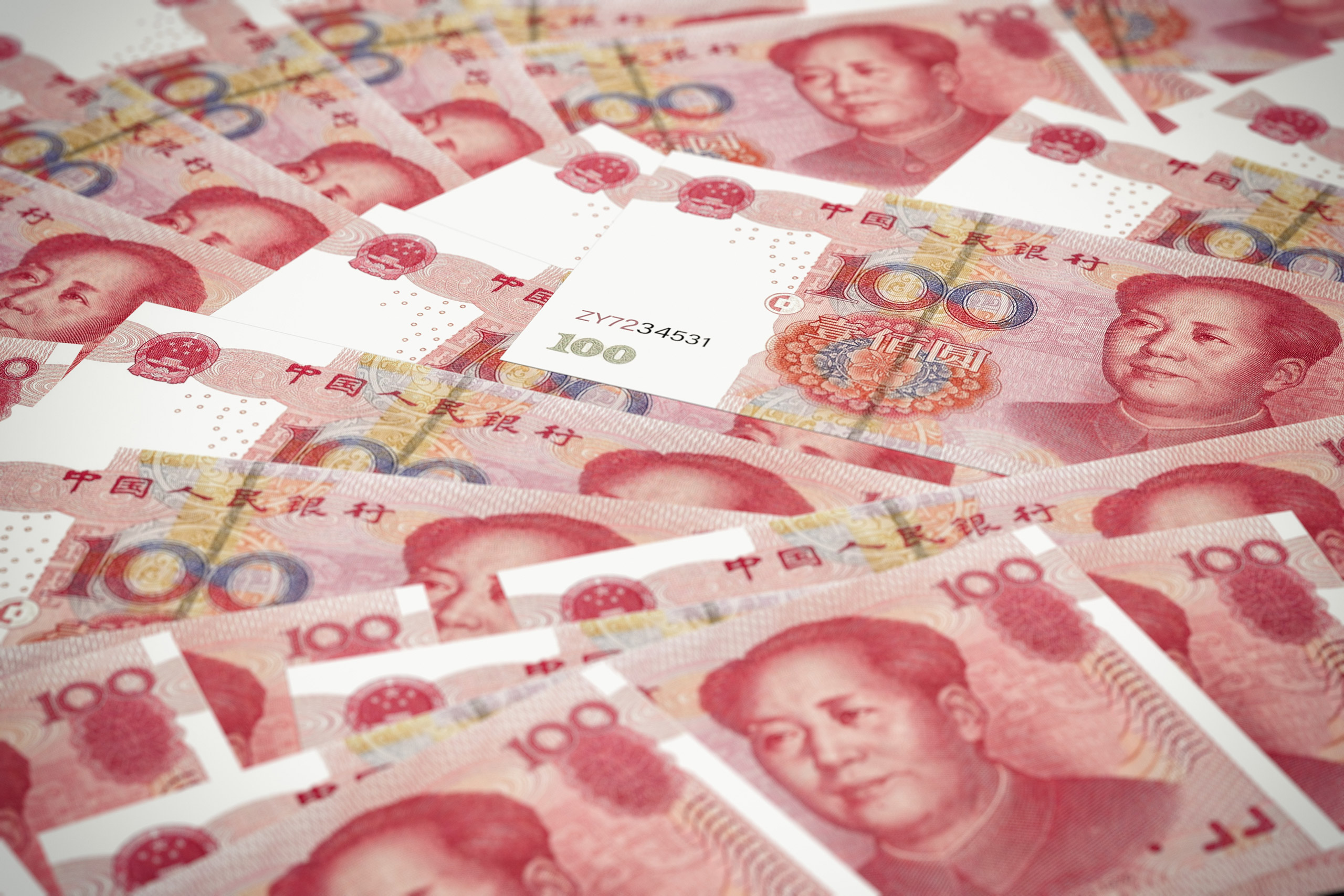KNOW CHINA, MASTER CHINA
Insight analyses thanks to 20 years of on-site Business Development
China changes faster than textbooks can be written. Strategies that succeeded yesterday may stall progress today. Business success requires more than theory – it needs experience.
At Steinkellner Global Search we share expertise from 20+ years on-site: Intercultural understanding, strategic clarity, and the right people – inspiration for your sustainable business development in China.
China changes faster than textbooks can be written. Strategies that succeeded yesterday may stall progress today. Business success requires more than theory – it needs experience.
At Steinkellner Global Search we share expertise from 20+ years on-site: Intercultural understanding, strategic clarity, and the right people – inspiration for your sustainable business development in China.
Expert knowledge for your challenge: Choose your focus.
From analysis to implementation: Our services for your successful business development.
Our insights are based on our daily work and our proven solutions. If you’re looking for concrete support for your company beyond knowledge, learn more about our three strategic pillars here:

Ready for the next step? Let’s connect.
We are here to understand your specific challenges and develop tailored solutions that work.
As a boutique consultancy, we ensure the highest quality through focused attention and direct involvement by Manfred Steinkellner himself – our capacities are therefore limited.
If you are ready for a sustainable solution, let’s take the first step – together:
Schedule Initial Consultation

















